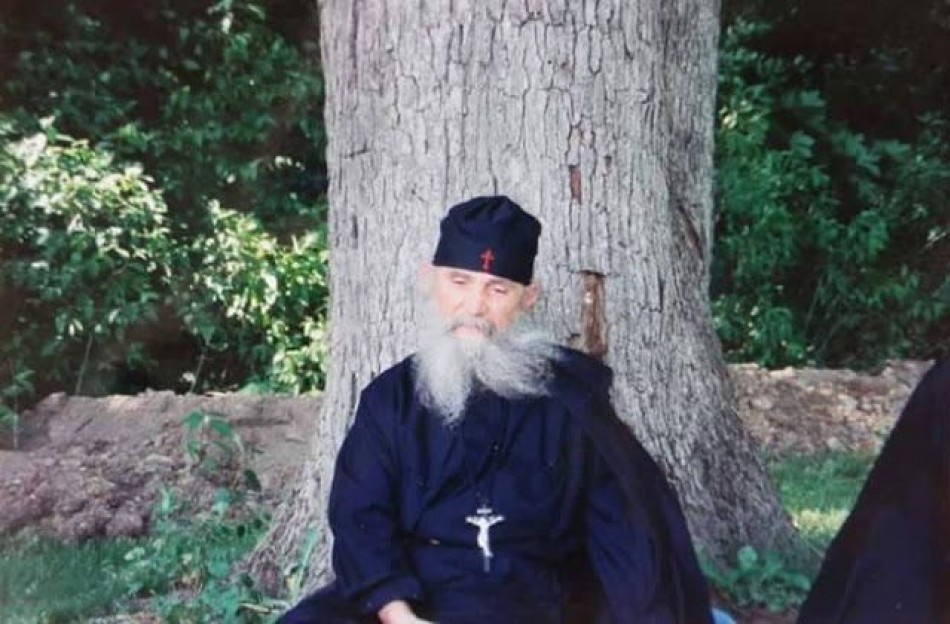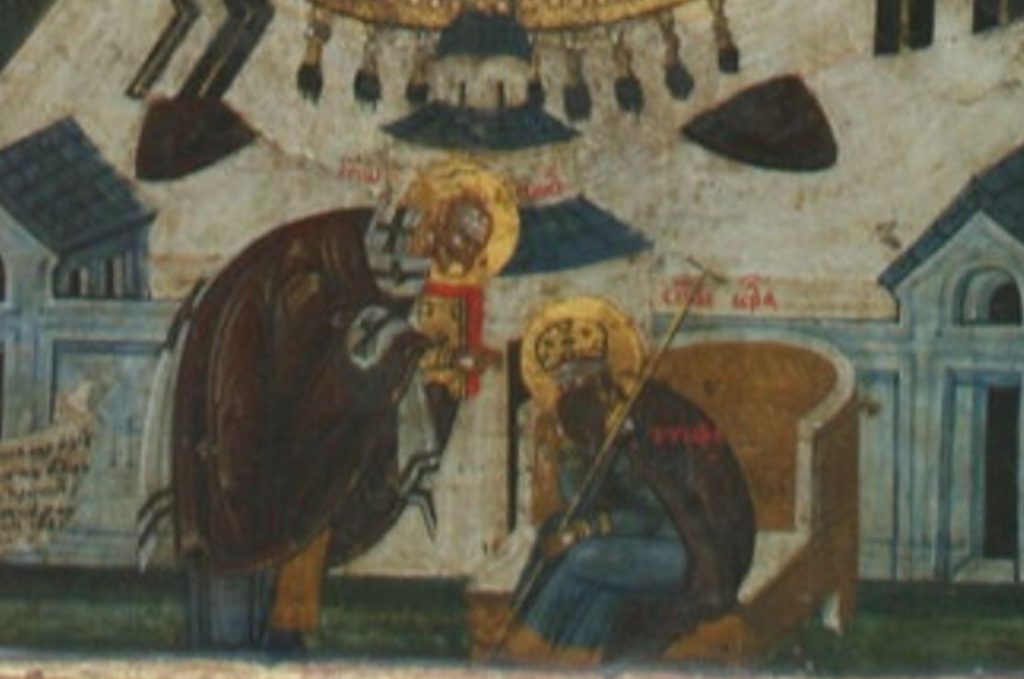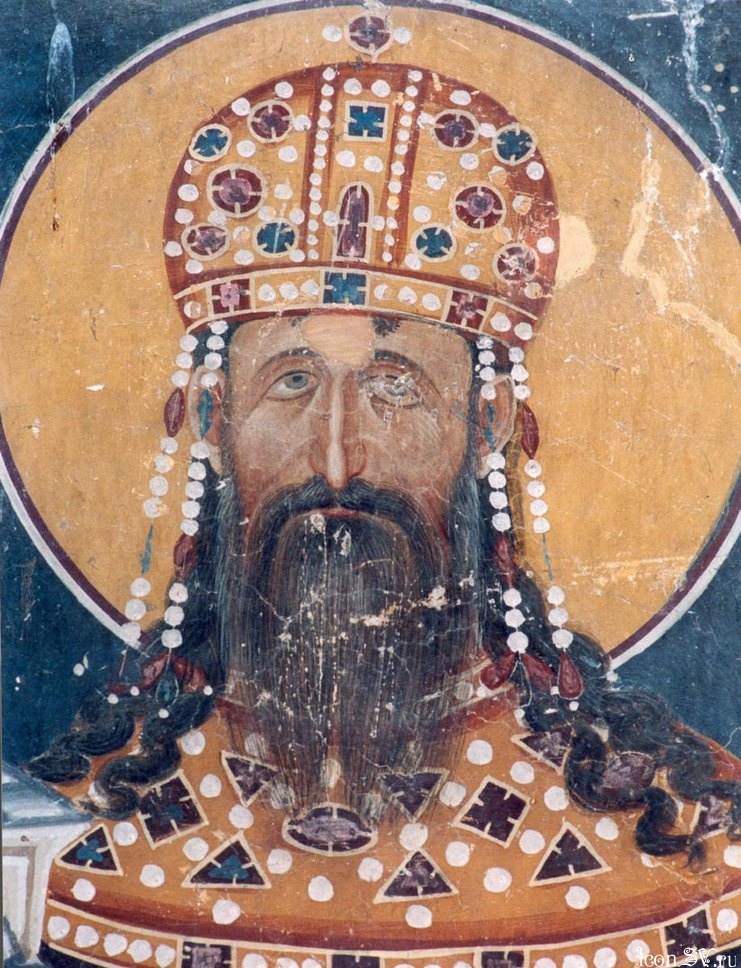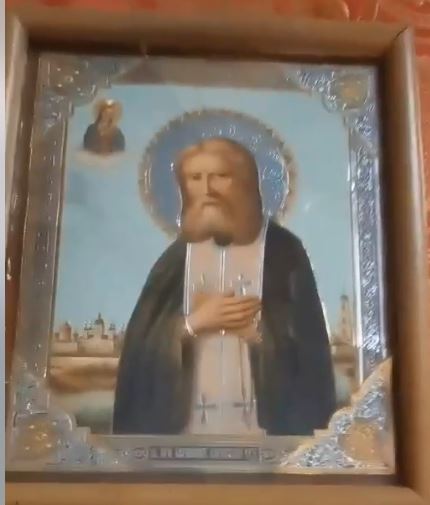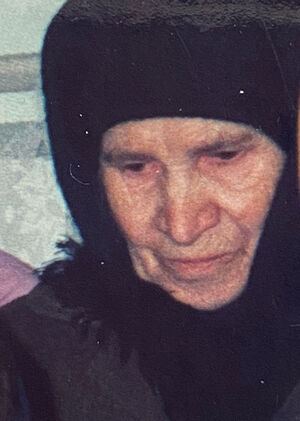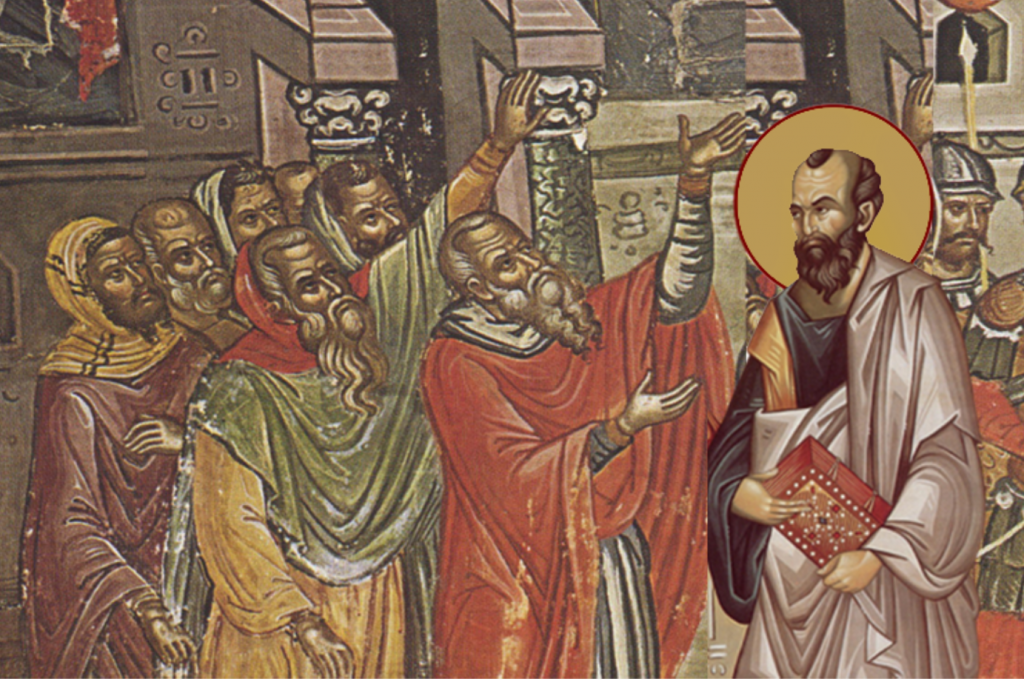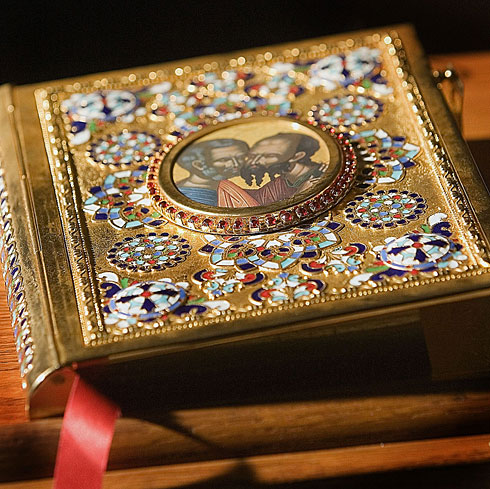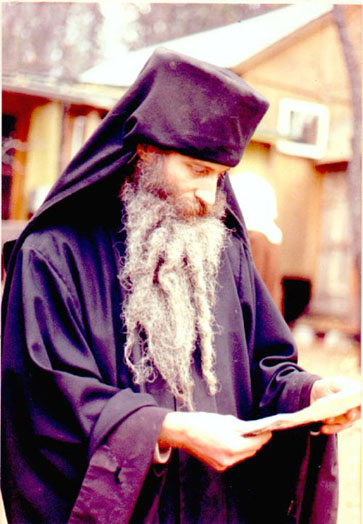Let us not lose our time in vain. The kingdom of heaven belongs to those who force themselves1. Think of the departure of our souls, the final hour and moment of that difficult separation. Keep in mind how the demons seek to snatch the poor soul at this final hour and lead it to hades. Oh, what a grief! What pain of the soul! How the soul will sigh then! Regrettably, what a sorrowful situation it is in at that moment! How many promises a person will make to God that he will change his life, that he will walk the path of repentance and hardship, as long as he does not die!
All of us shall reach this hour and encounter the above and much more, and we shall then promise much more earnestly that we shall take the path of repentance and spiritual warfare. Let us imagine that this has already happened and that God has heard our request. Now what is left for us to do? To fulfill our promises by showing true repentance and to struggle to correct our soul. Behold the appropriate time for repentance and spiritual warfare! Little by little the time of our life is cut short, and without even realizing it, we are led to the end and to the grave!
A tribunal and a Judge await us, as well as entire books in which the deeds of each one of us are written. Who is able to escape these things? Noone. We shall all stand before the judgment seat of Christ “naked”2 for each of us to give an account of his deeds, words, and thoughts. Let us bear in mind these and many more such things night and day, so that we may bring our souls to mourning and tears!
—-
1 cf. Mt. 11:12
2 Heb. 4:13
From the book “Councels from the Holy mountain”, selected from the letters and homilies of Elder Efraim of Arizona


